Shane (1953)
“Call me Shane.”
|
Synopsis: |
|
Genres, Themes, Actors, and Directors:
Response to Peary’s Review: Given its iconic status, it’s easy to approach Shane with a sense of cinematic duty — but despite overly slow pacing and an occasionally disruptive musical score, for the most part it’s held up quite nicely. Indeed, there’s plenty to enjoy and appreciate about Shane, which features “remarkable authenticity” (check out stills of the sets below), is “beautifully shot” by Oscar-winning DP Loyal Griggs, and is “beautifully acted” by Ladd, Heflin, Arthur, and others. While some have argued that Ladd was miscast in the title role, I disagree; he shows off an appropriately fit, muscular body, and is entirely believable both during the excitingly brutal extended fight scenes, and during the film’s many quieter moments, as we see how much he’s come to care for both Arthur and her adoring son, Joey. Heflin is equally notable in the critical secondary role as Joe Starrett, a man determined to hold onto his land and fight back against bullies at any cost — and Arthur (lured out of semi-retirement by Stevens) is a fine, believable choice to play Starrett’s wife. Meanwhile, other familiar faces — including Elisha Cook, Jr. as a hot-headed southern homesteader, and Jack Palance as the black-hatted gunslinger brought in to “take care of” the homesteaders — are a welcome presence as well. Unfortunately, De Wilde’s performance as young Joey is the one dissatisfying outlier; he’s far too often shown simply staring wide-eyed at the proceedings, and/or asking whiny “why?” questions like a four-year-old. However, his nearly worshipful adoration of Shane is made abundantly clear, which I suppose is what’s most important in this tale of a larger-than-life western hero. Redeeming Qualities and Moments:
Must See? Categories
(Listed in 1001 Movies You Must See Before You Die) Links: |
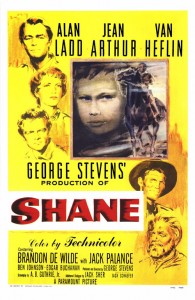
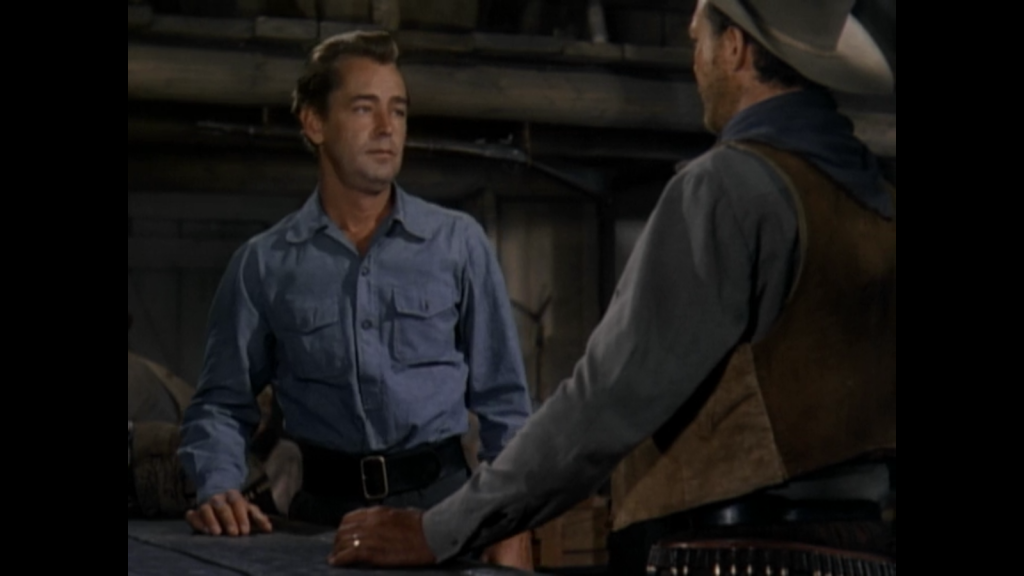
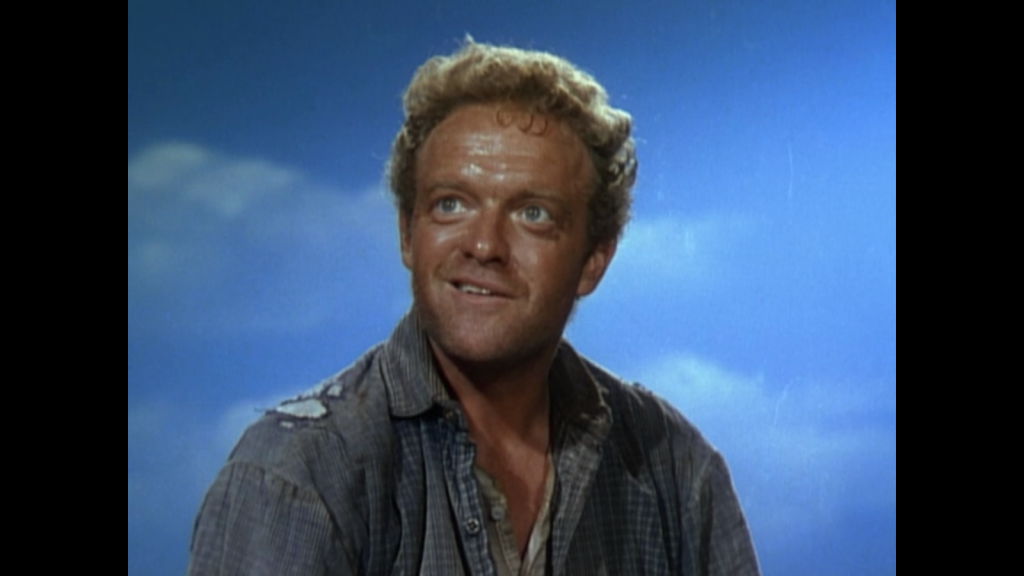
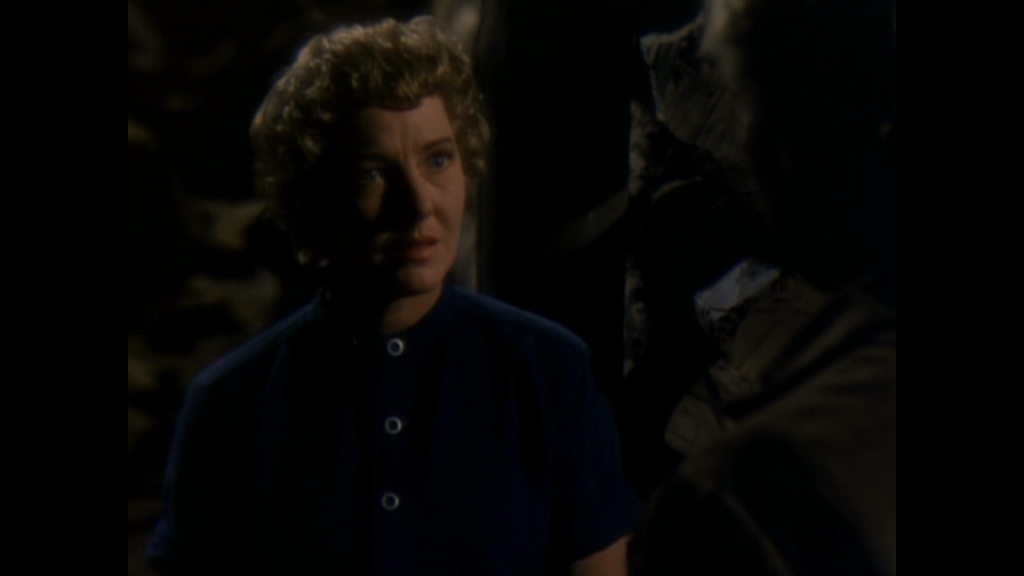

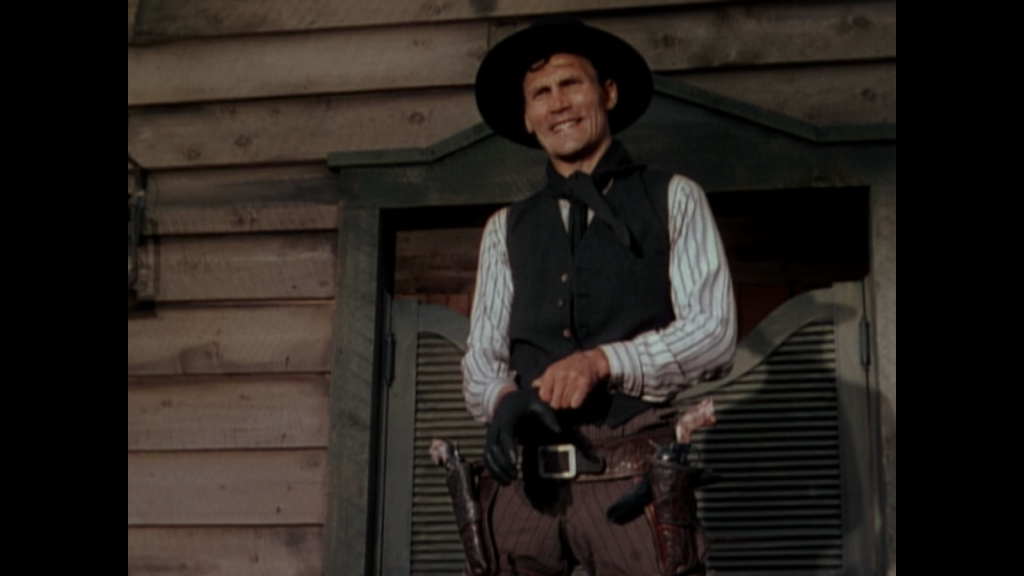

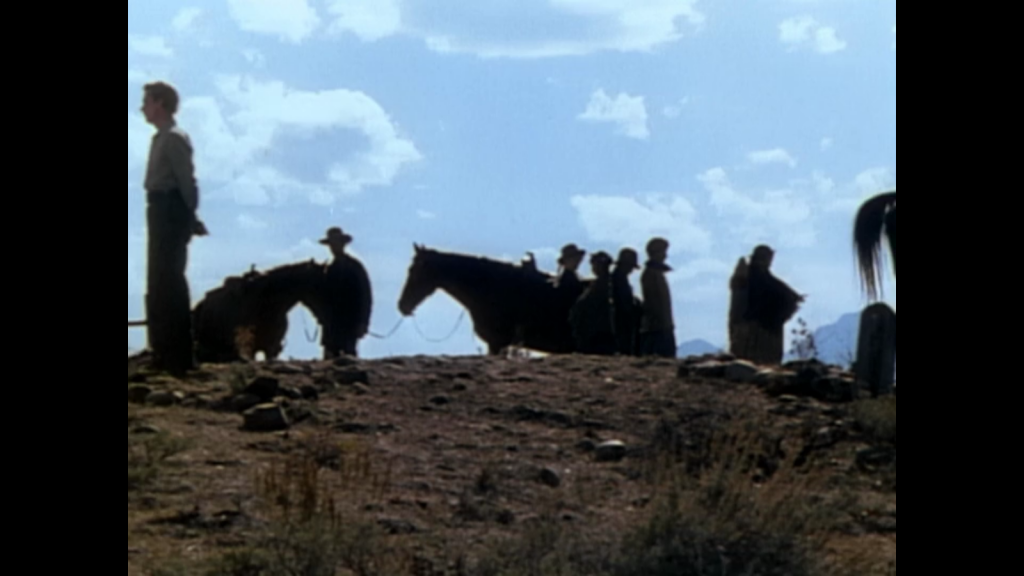
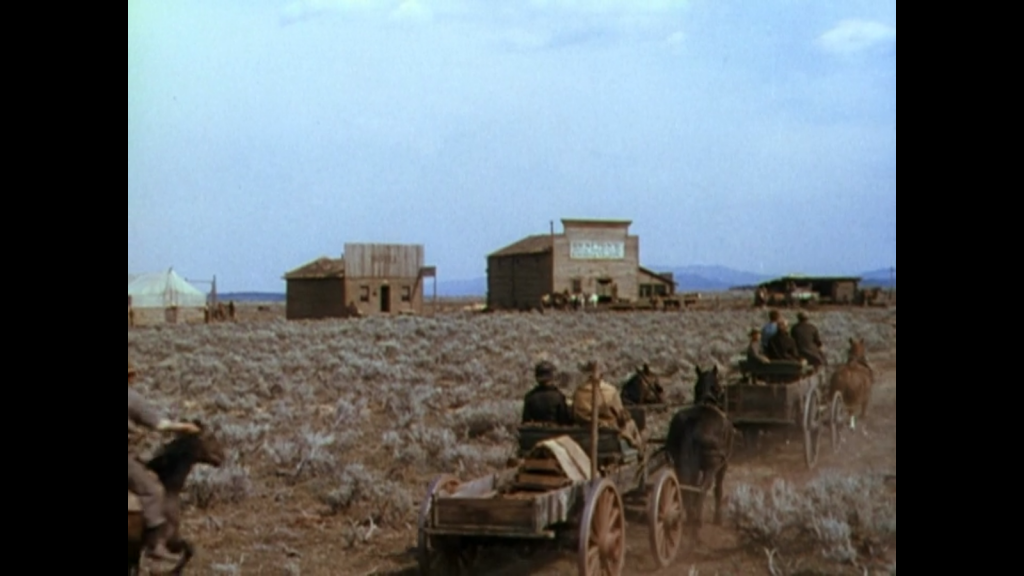
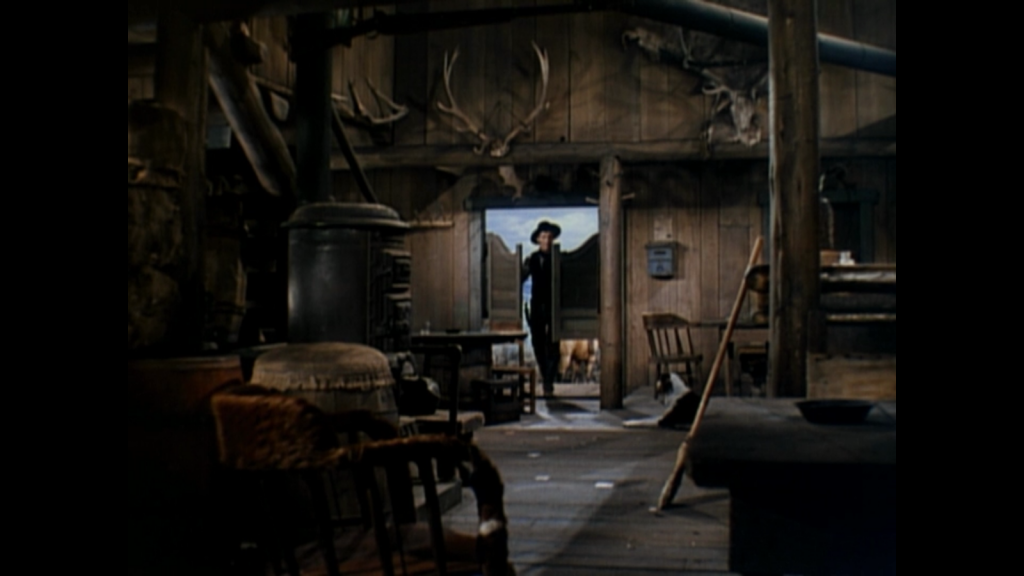
One thought on “Shane (1953)”
A once-must, as a respected classic.
I’m in full agreement with the slow pacing and the somewhat-bombastic score (from time to time, which seems to call attention to the film as ‘important’ in capital letters). My feeling is that the film might be more powerful if it had 15 minutes lopped off of it – but I suppose the leisurely pace is meant to give us the same leisurely feel of the time and place. It accomplishes that, but I’m not sure that’s something that needs to be accomplished in that way. That feeling is already established by the marvelous atmospheric sense and the admirable underplaying of the entire cast (even those with few lines or none at all). It’s a shame that the overall film just feels slow.
But, as stated in the review, ‘Shane’ is a prototype and, as such, it succeeds more often than not. (This is not a personal favorite of mine.) It brings up some unique issues concerning homesteaders (we get the specifics of this in a crucial and well-written conversation midway) and their dealings with each other over personal ambition…in a town all too much in the shadow of the law (“There ain’t a marshal within a 100-mile ride.”).
The performances are all fine. A number of key scenes are especially tense – most notably, when Cook, Jr. has his run-in with Palance. All told, it’s a solid work, with much to admire.